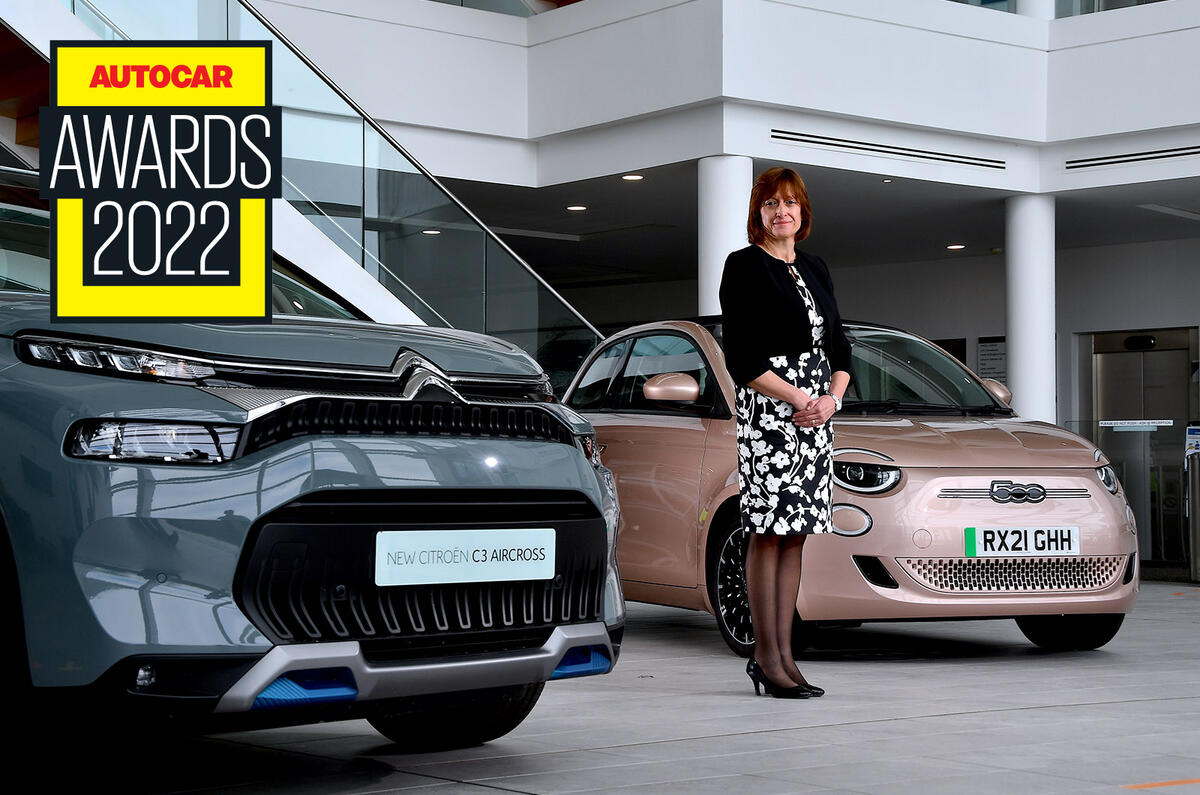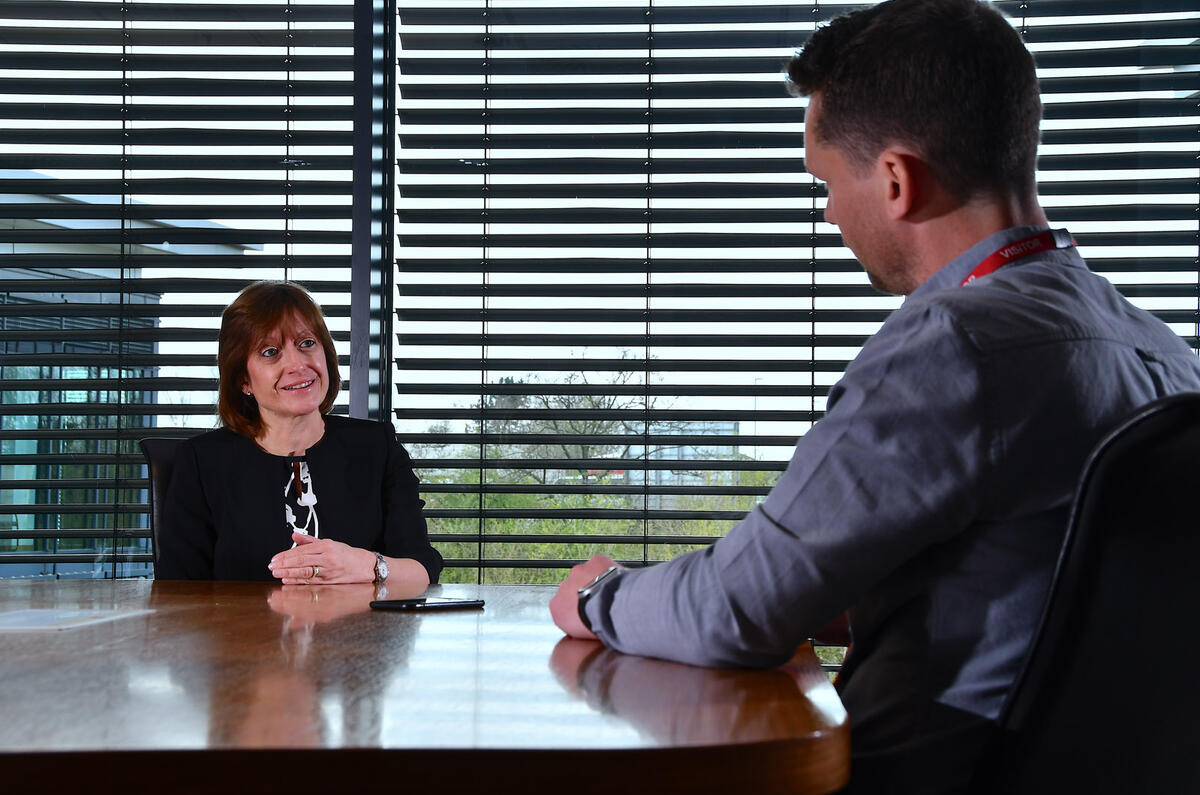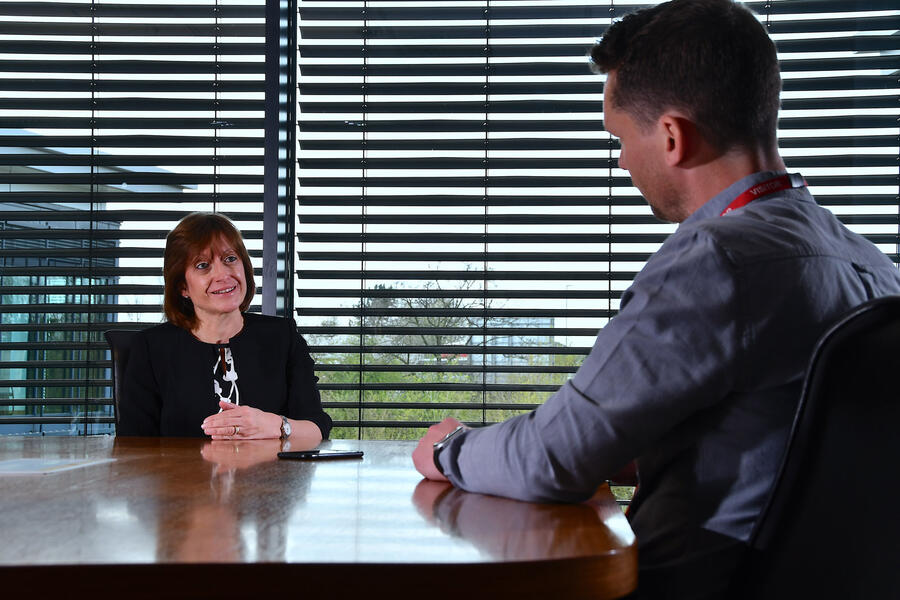"When I started in February 2019, we thought the biggest topic was Brexit,” says Stellantis UK group managing director Alison Jones.
“It was to be a massive change not just for us but for everybody in our industry.” Except Brexit was just the first in a series of huge changes that would rock the whole car industry.
Next came Covid, then the accelerated shift to electric cars and the semiconductor chip shortage that continues to cripple new car supply. All that would be more than enough for any car company boss to navigate, but Jones was also in the process of setting up a new car group following the merger of PSA and FCA. Jones had moved from being in charge of the Volkswagen brand in the UK to leading PSA’s UK group operations for Peugeot, Citroën and DS.
Now, from her office in Coventry, she has added Fiat, Alfa Romeo, Abarth, Jeep and Fiat Professional vans to her ever-growing list of responsibilities. She has also just started a 24-month presidency of the SMMT, a hugely influential role in the UK car industry.
The merger of PSA and FCA and thus the creation of Stellantis early last year has happened at breakneck speed, and it’s Jones’s brilliant leadership in so seamlessly creating such a large car company in the UK while also steering it through the most challenging and unpredictable times in living memory that, coupled with her SMMT role, earns her our Editor’s Award, given to the person who has made the biggest impact on the success of their company over the past 12 months.
“I think our industry is good at crisis management,” says Jones, reflecting on her time so far at PSA and then Stellantis. “You’re forced to act at speed in crisis management.
“The difference with a merger is that you can choose the speed at which you do it. We wanted to try and provide certainty for colleagues, certainty for our customers and for our shareholders in terms of what we were doing. We wanted to get it done as fast as we possibly could.”
Jones speaks with a calm authority when describing how she navigated the two companies through the merger. While providing plenty of future opportunities, the task also came with a huge degree of uncertainty for those working in the existing structures.
“I’m very transparent in the way I operate as a leader,” says Jones. “If I can’t say something, I’ll say I can’t discuss that. If I can, I will. I do employee calls regularly, and I have a Q&A session at the end. It’s designed so anybody can ask any question.”

















Add your comment